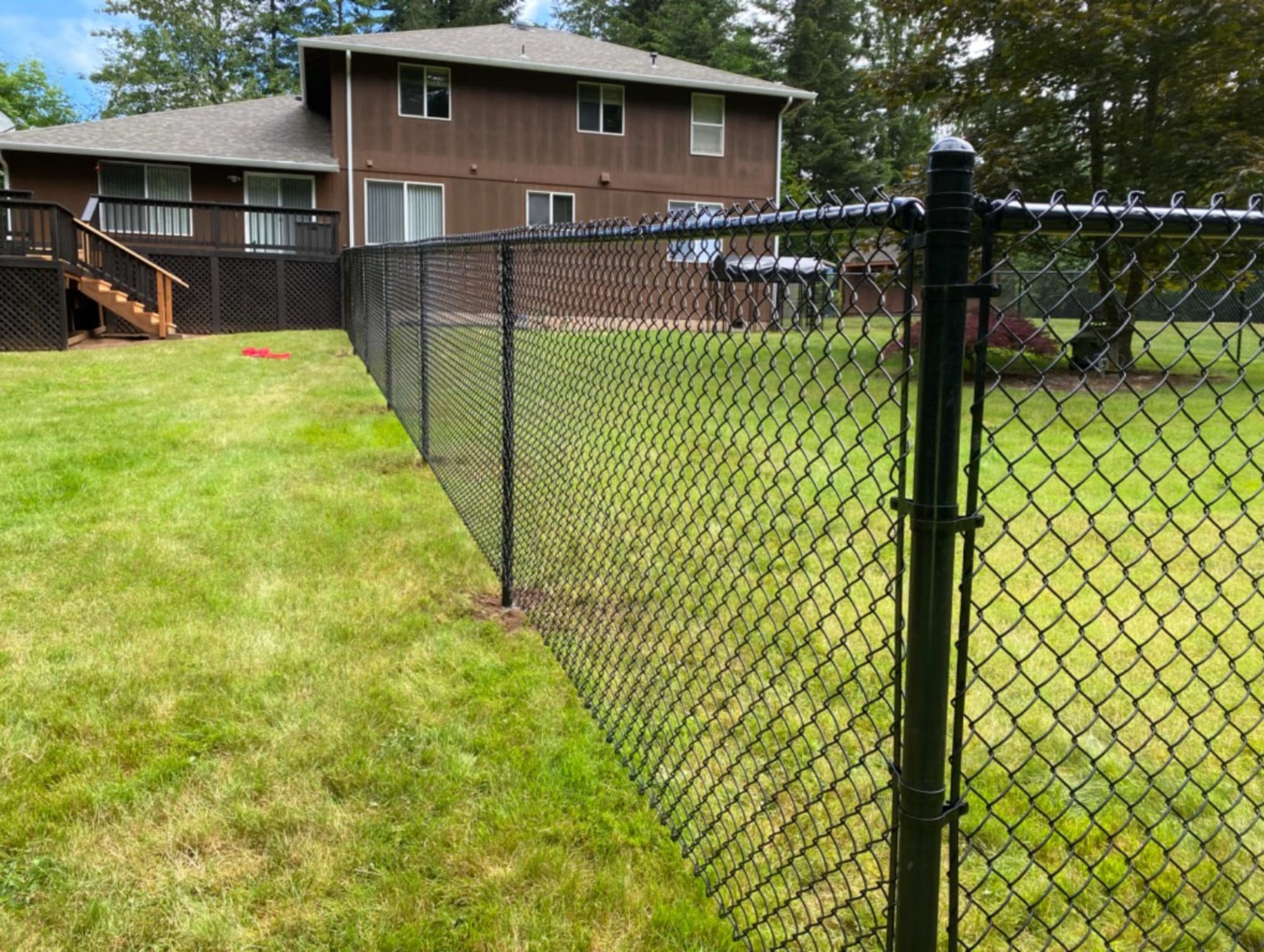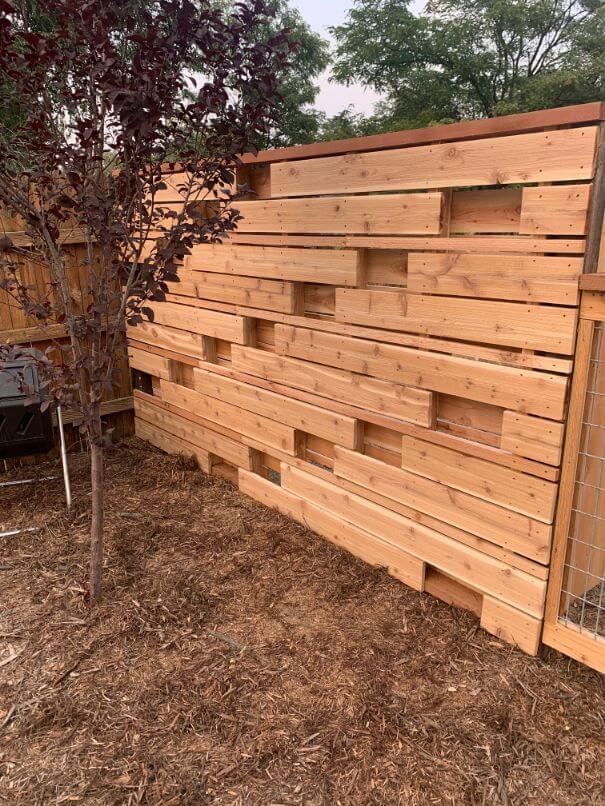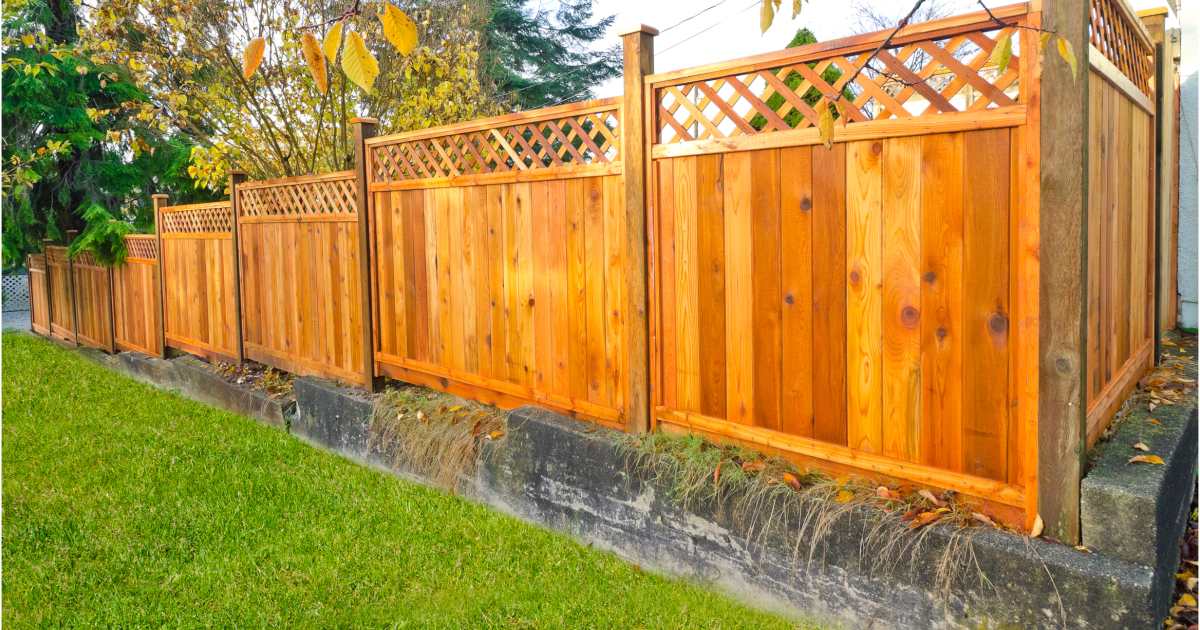Featured
When you choose to install a fence around your domestic building, it's vital to recognize the license needs specific to your area. Here's a comprehensive look at the permits you may need for fence installment.
Why Do You Need a License for Fencing Setup? A fence is more than just an obstacle in between properties-- it can impact security, residential property worth, visual appeals, and also environmental conditions. Local governments call for licenses to make sure that fencings fulfill specific criteria and do not trigger issues for energies, neighbors, or the community all at once. Permits also ensure that the installment abides by zoning legislations, constructing codes, and security guidelines.
![]()
Kinds Of Permits You May Require. Structure Permit. A structure permit is just one of the most common licenses required for fencing setup. This authorization guarantees that the fence fulfills regional building regulations. As an example, if you're constructing a fencing over a certain height (generally over 6 feet), you'll likely require a structure license. The neighborhood building division will typically assess the website and evaluation strategies to ensure the framework is secure and does not obstruct public areas or produce risks.
Zoning License. Zoning laws control how land is utilized in a particular location, and they consist of regulations concerning fences. A zoning permit ensures your fencing adheres to elevation, problem, and location regulations. Fencings may need to be set back a particular range from pathways, roads, or property lines to protect against obstruction or interference with energies. Sometimes, zoning regulations can additionally define which materials are permitted.
HOA Approval. You may need to seek approval prior to setting up a fencing if your residential or commercial property is component of a property owners association (HOA) HOAs normally have standards that regulate the aesthetic appeals and framework of fences to ensure they are in consistency with the area. You could need to send your strategies for approval, and the HOA might restrict fence elevation, design, or product.
Specialized Permits. In some areas, there might be additional permits required for particular scenarios. As an example, if your fencing is near a safeguarded ecological location or situated in a disaster area, you might need to acquire specialty permits associated with environmental influence. Similarly, if the fencing remains in a location with underground utilities, you may require to get clearance to stay clear of destructive pipes or cords.
![]()
Easement or Energy Company Authorization. Before setting up a fence, it's vital to examine whether the residential property consists of an easement, such as an utility easement, which can affect where you can place your fence. Easements are locations of land assigned for personal or public utilities, and you might require authorization from the utility firm or other authority to construct within this location.
Exactly How to Figure Out What Allows You Required. To guarantee that you're complying with all the essential laws, below's just how you can establish the details permits needed for your fence installment:
![]()
See Your City Government Office: The first step is to examine with your regional structure or zoning department. Lots of cities and counties have standards available online that define what kinds of permits are needed for fence installation. If not, calling or checking out the office personally can help clarify the process. Examine Your City's Web site: Several communities provide information regarding fencing installations and the authorizations needed via their official internet sites. Some internet sites even permit you to send applications on the internet. Get In Touch With a Fence Installment Specialist: If you're unsure regarding neighborhood laws, a specialist fence service provider can help. They are acquainted with the allowing process and can assist you with the actions. The Effects of Not Getting an Authorization. Stopping working to protect the needed authorizations before installing a fencing can lead to considerable consequences. You might be fined or required to remove the fence entirely. Furthermore, if you decide to market your residential property in the future, the absence of a permit can discourage possible purchasers, as they might see it as an indication that the residential property is not compliant with regional legislations. Ensuring that you have the proper permits will save you time, money, and headaches in the future.
Verdict. Mounting a fence around your residential home can include both safety and security and visual allure, yet it is very important to guarantee you're following the lawful action in the process. Researching the particular permit demands for your area, including building licenses, zoning laws, HOA authorization, and energy authorizations, will aid guarantee your fencing installation goes efficiently. Taking the time to recognize these needs currently can conserve you from costly mistakes and prospective lawful concerns down the line.
Why Do You Need a License for Fencing Setup? A fence is more than just an obstacle in between properties-- it can impact security, residential property worth, visual appeals, and also environmental conditions. Local governments call for licenses to make sure that fencings fulfill specific criteria and do not trigger issues for energies, neighbors, or the community all at once. Permits also ensure that the installment abides by zoning legislations, constructing codes, and security guidelines.

Kinds Of Permits You May Require. Structure Permit. A structure permit is just one of the most common licenses required for fencing setup. This authorization guarantees that the fence fulfills regional building regulations. As an example, if you're constructing a fencing over a certain height (generally over 6 feet), you'll likely require a structure license. The neighborhood building division will typically assess the website and evaluation strategies to ensure the framework is secure and does not obstruct public areas or produce risks.
Zoning License. Zoning laws control how land is utilized in a particular location, and they consist of regulations concerning fences. A zoning permit ensures your fencing adheres to elevation, problem, and location regulations. Fencings may need to be set back a particular range from pathways, roads, or property lines to protect against obstruction or interference with energies. Sometimes, zoning regulations can additionally define which materials are permitted.
HOA Approval. You may need to seek approval prior to setting up a fencing if your residential or commercial property is component of a property owners association (HOA) HOAs normally have standards that regulate the aesthetic appeals and framework of fences to ensure they are in consistency with the area. You could need to send your strategies for approval, and the HOA might restrict fence elevation, design, or product.
Specialized Permits. In some areas, there might be additional permits required for particular scenarios. As an example, if your fencing is near a safeguarded ecological location or situated in a disaster area, you might need to acquire specialty permits associated with environmental influence. Similarly, if the fencing remains in a location with underground utilities, you may require to get clearance to stay clear of destructive pipes or cords.

Easement or Energy Company Authorization. Before setting up a fence, it's vital to examine whether the residential property consists of an easement, such as an utility easement, which can affect where you can place your fence. Easements are locations of land assigned for personal or public utilities, and you might require authorization from the utility firm or other authority to construct within this location.
Exactly How to Figure Out What Allows You Required. To guarantee that you're complying with all the essential laws, below's just how you can establish the details permits needed for your fence installment:

See Your City Government Office: The first step is to examine with your regional structure or zoning department. Lots of cities and counties have standards available online that define what kinds of permits are needed for fence installation. If not, calling or checking out the office personally can help clarify the process. Examine Your City's Web site: Several communities provide information regarding fencing installations and the authorizations needed via their official internet sites. Some internet sites even permit you to send applications on the internet. Get In Touch With a Fence Installment Specialist: If you're unsure regarding neighborhood laws, a specialist fence service provider can help. They are acquainted with the allowing process and can assist you with the actions. The Effects of Not Getting an Authorization. Stopping working to protect the needed authorizations before installing a fencing can lead to considerable consequences. You might be fined or required to remove the fence entirely. Furthermore, if you decide to market your residential property in the future, the absence of a permit can discourage possible purchasers, as they might see it as an indication that the residential property is not compliant with regional legislations. Ensuring that you have the proper permits will save you time, money, and headaches in the future.
Verdict. Mounting a fence around your residential home can include both safety and security and visual allure, yet it is very important to guarantee you're following the lawful action in the process. Researching the particular permit demands for your area, including building licenses, zoning laws, HOA authorization, and energy authorizations, will aid guarantee your fencing installation goes efficiently. Taking the time to recognize these needs currently can conserve you from costly mistakes and prospective lawful concerns down the line.
Latest Posts
Confluence Local Marketing
Published Dec 19, 24
2 min read
Confluence Local Marketing
Published Dec 19, 24
1 min read
Host an Unforgettable Event at Leavander's 22, The Claridge’s Hotel
Published Dec 18, 24
1 min read